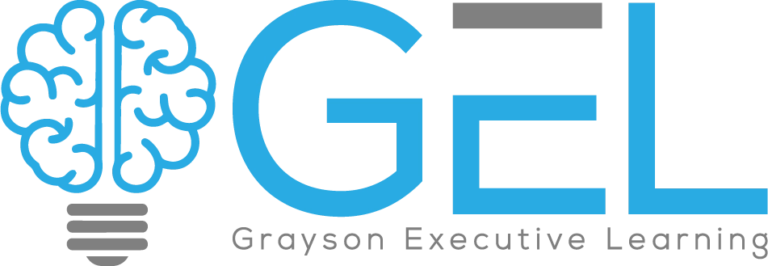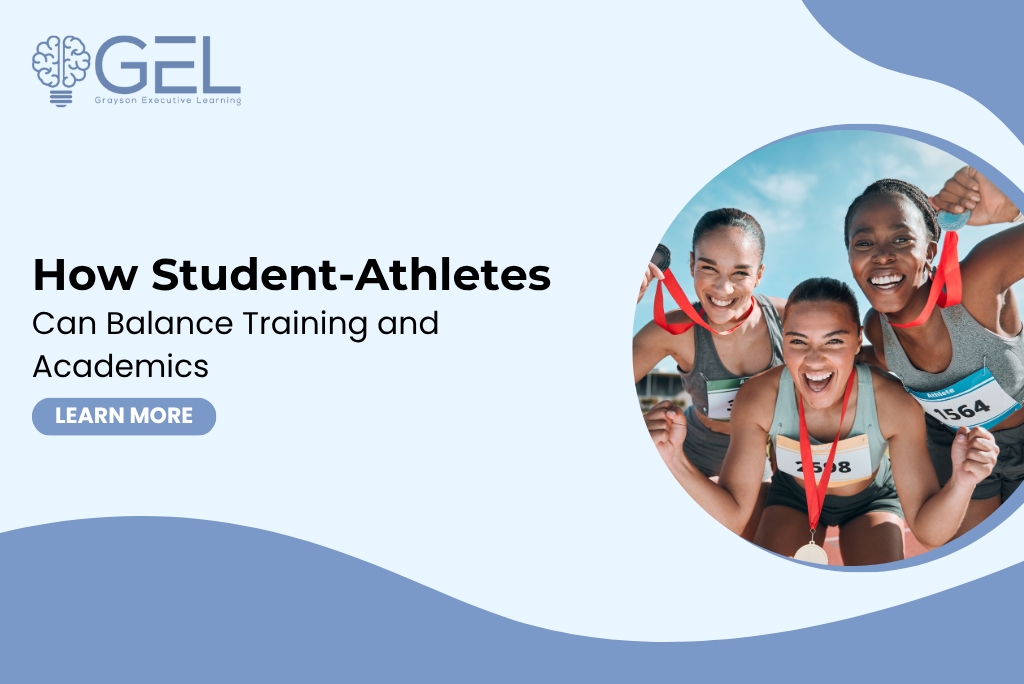For student-athletes, balancing the demands of academics and athletics is a daily challenge. With rigorous training schedules, academic responsibilities, and personal commitments, it’s essential to develop effective strategies to manage time and maintain well-being. This guide offers practical tips to help student-athletes thrive both on the field and in the classroom.
Master Time Management
Effective time management is crucial for student-athletes. Utilizing planners or digital calendars can help in organizing schedules, setting reminders, and allocating time for study, practice, and rest. Tools like Google Calendar or Trello can be instrumental in keeping track of assignments, exams, training sessions, and competitions.
Implementing techniques such as the Pomodoro Technique, working in focused intervals with short breaks, can enhance productivity and prevent burnout.
Create a Structured Routine
Establishing a consistent daily routine helps in balancing academic and athletic commitments. Allocating specific time blocks for classes, study sessions, training, meals, and rest ensures that all responsibilities are met without overwhelming stress.
For example, mornings can be dedicated to academic work, afternoons to training, and evenings to relaxation and social activities. This structured approach promotes discipline and reduces the likelihood of last-minute cramming or missed practices.
Prioritize Tasks Effectively
With numerous responsibilities, it’s important to prioritize tasks based on urgency and importance. Breaking down larger projects into manageable tasks and setting deadlines can make them less daunting.
Using prioritization tools like the Eisenhower Matrix helps students distinguish between urgent and important tasks. This clarity ensures that critical assignments and training sessions receive the attention they require.
Leverage Academic Support Resources
Most schools and universities offer academic support services specifically for student-athletes. These may include tutoring, writing centers, academic advising, and study groups. Engaging with these resources can provide additional support in managing coursework and maintaining academic performance.
Regular communication with professors and academic advisors is also essential. Letting them know about your training or travel schedule ahead of time helps avoid misunderstandings and encourages collaboration.
Maintain Physical and Mental Health
Balancing academics and athletics requires a strong foundation in both physical and mental health. Prioritizing sleep, nutrition, and hydration supports recovery and helps maintain energy and focus.
Aim for 7 to 9 hours of quality sleep each night. Eat well-balanced meals and stay hydrated throughout the day. Incorporate mindfulness practices such as meditation, deep breathing, or yoga to reduce stress and improve mental clarity.
Use Downtime Wisely
Student-athletes often travel for competitions or have blocks of time between classes and practices. These windows of time can be used to catch up on assignments, review class notes, or listen to audiobooks and recorded lectures.
Making good use of these small windows of time can reduce the need for late-night studying and help you stay caught up academically.
Build a Support Network
Having a reliable support system can make a huge difference in managing the demands of student-athlete life. Coaches, teachers, advisors, family members, teammates, and even physical therapists all play a role in your success.
Make sure you’re communicating clearly and often with these key people. Ask for help when you need it. This kind of team approach is essential in maintaining balance and resilience.
Set Realistic Goals
Setting clear and realistic goals keeps you motivated and focused. Use SMART goals that are Specific, Measurable, Achievable, Relevant, and Time-bound.
Track your progress regularly. Adjust your goals as needed, especially during heavy training or exam weeks. This habit builds self-awareness and helps you stay committed to your responsibilities.
Practice Self-Care
Between the demands of school and athletics, it’s easy to overlook rest and relaxation. Yet downtime is just as important as productivity. Make time for hobbies, time with friends, or simply taking a walk.
Self-care prevents burnout and restores energy, allowing you to come back stronger to both your studies and training.
Communicate Effectively
Whether it’s asking a professor for flexibility on a deadline or letting a coach know you’re feeling stretched, clear and respectful communication is vital.
Learning to advocate for yourself is one of the most valuable life skills you’ll gain as a student-athlete. It helps create an environment where your academic and athletic goals can be supported and respected.
Final Thoughts
Being a student-athlete is incredibly rewarding but also incredibly demanding. You are asked to perform at a high level in two very different arenas, and that requires intention, support, and skill. By mastering time management, using academic and health resources, and building a strong support network, you can create the balance needed to succeed.
Grayson Executive Learning coaches understand the unique challenges student-athletes face. That’s why we offer tailored one-on-one academic coaching designed to build the executive function and self-management skills needed to thrive both in and out of competition.
About Grayson Executive Learning
Grayson Executive Learning (GEL) is a boutique Academic and ADHD Executive Function Coaching practice that specializes in providing premium one-on-one academic coaching services to high school and college students with ADHD and executive function difficulties.
Click here to learn how we can help your student truly reach their academic potential while developing critical life and independence skills.
We look forward to serving you.


